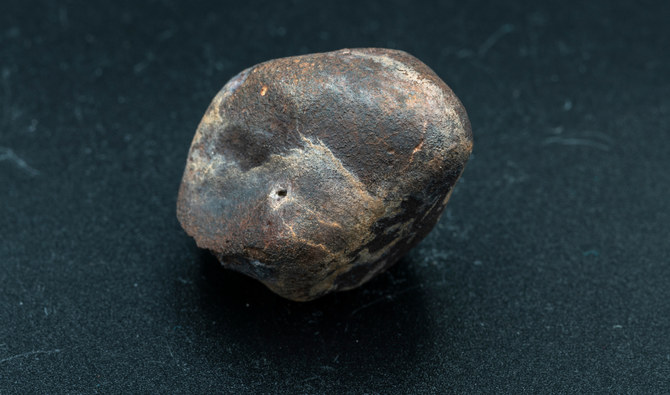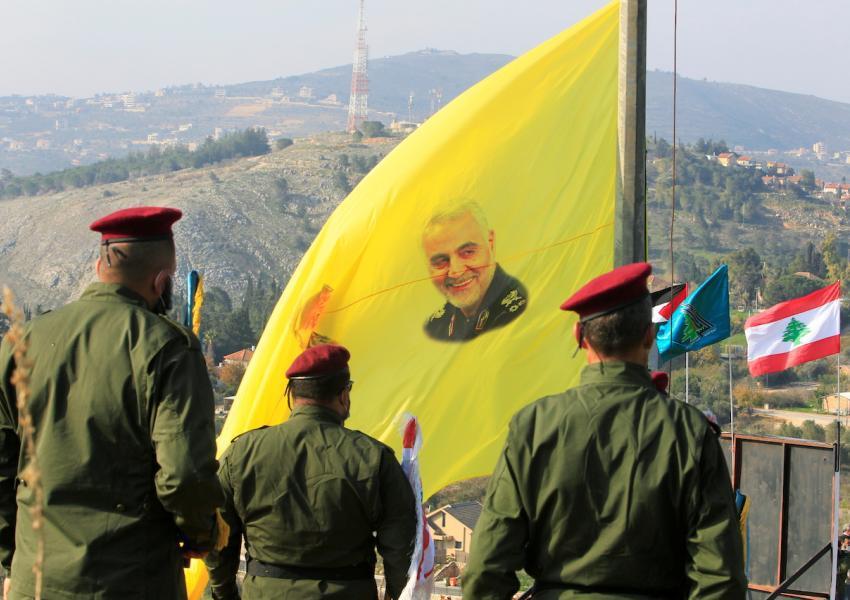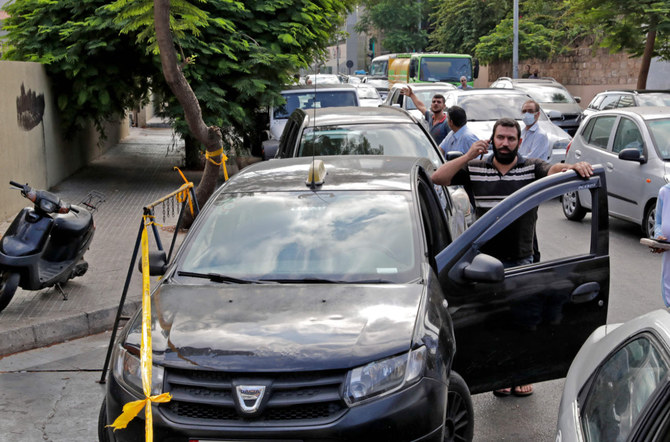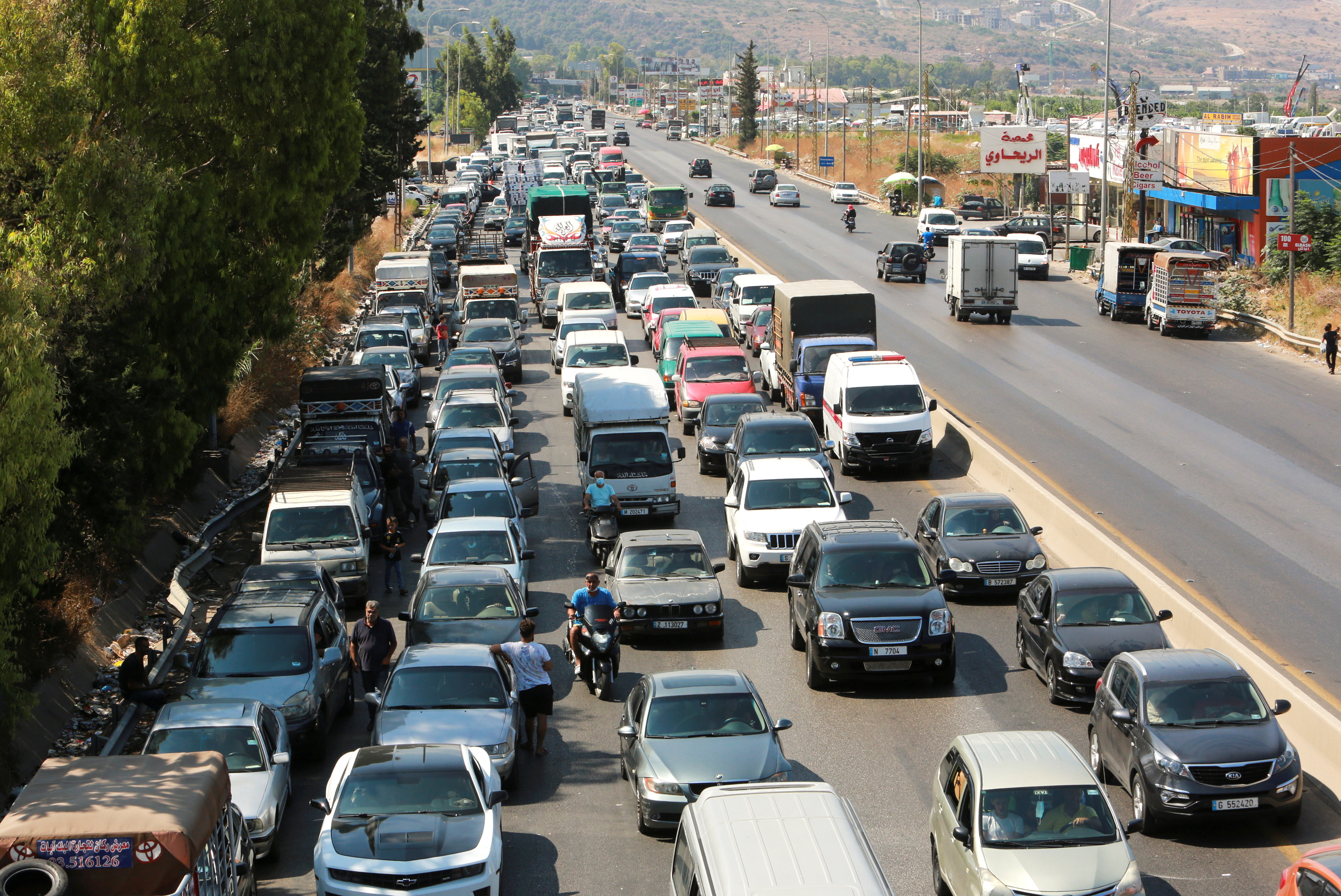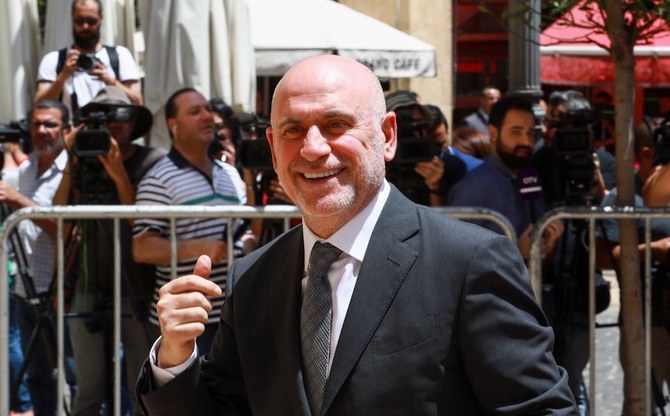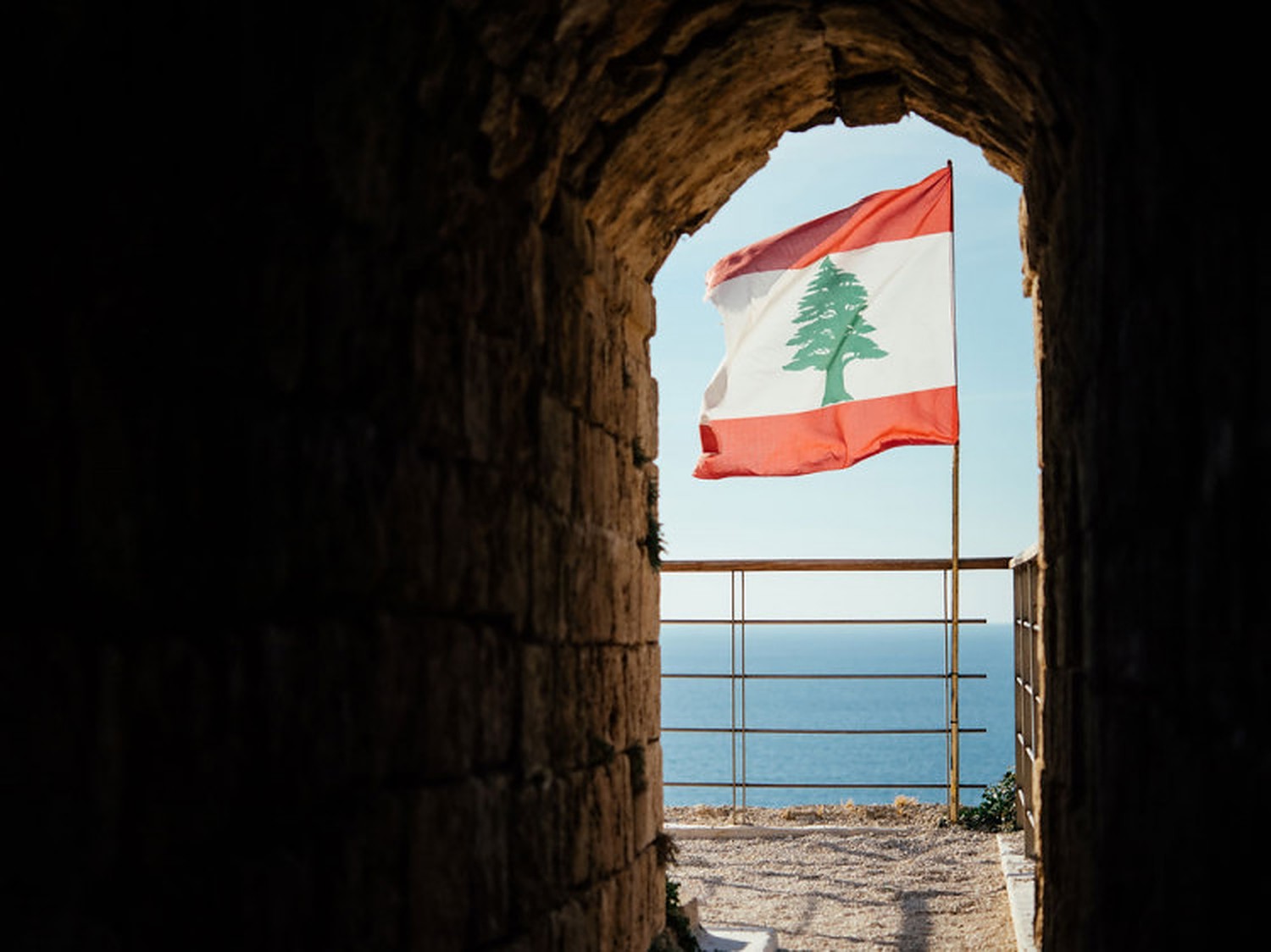
By MENASource Paul Gadalla — In his latest speech on August 15, Hassan Nasrallah, the leader of Lebanese militant group Hezbollah, declared that his country is already “amid the collapse.” And, indeed, he might very well be right. Lebanon has fully lifted fuel subsidies, plunging many homes into darkness as many of the country’s residents rely on diesel generators to power their homes. Hospitals are struggling to keep the lights on while flour mills cease operation, spurring fears of a bread shortage. Pharmacies can barely stock medicines while the COVID-19 pandemic continues. One would think that such a bleak situation would push Lebanese politicians into forming a technocratic government capable of at least passing some reforms to save the country from the brink of collapse. But therein lies the problem: any reforms would rob Lebanon’s sectarian oligarchs of their power. Thus, Lebanese politicians are allowing for Lebanon’s collapse while hoping for as much international aid as possible with as little strings attached.
Since the end of the Lebanese civil war in 1990, there have been large international conferences to help bail out the country from its chronic economic problems. After fifteen years of civil war and conflicts with Israel, this was done in the hopes of keeping Lebanon together, as no one wished to see the country become a regional arena of strife again. In a report published in February by the London School of Economics, it is estimated that the $170 billion in financial assistance given to Lebanon by its various supporters since the end of its fifteen-year civil war is greater than the amount of aid given to countries under the Marshall Plan (adjusted for inflation). Yet, thanks to corruption, much of this money was misspent or stolen, leaving Lebanon heavily indebted and still with poor infrastructure. Even money meant for Syrian and Palestinian refugees in Lebanon has been misappropriated.

